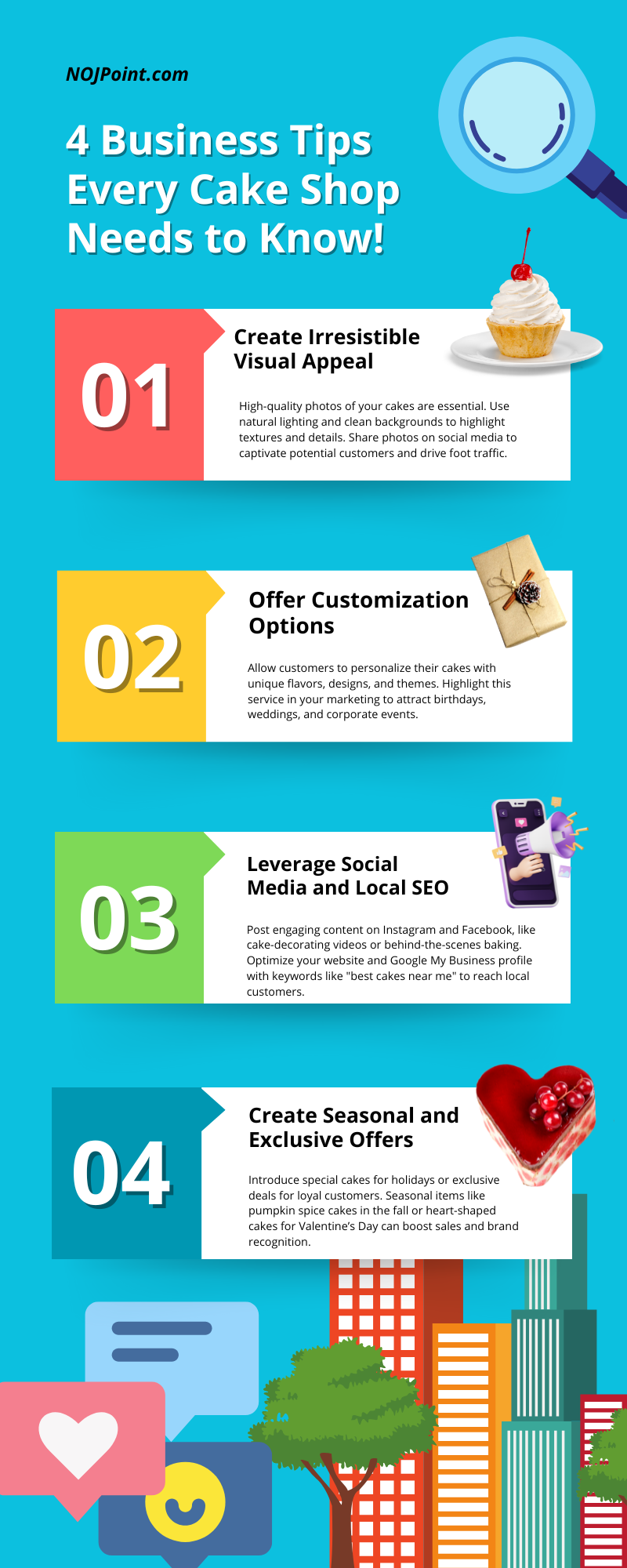Cloud computing has transformed the way businesses operate, providing scalable, cost-effective, and secure solutions for storing and managing data. In 2025, understanding cloud fundamentals is essential for IT professionals, entrepreneurs, and businesses aiming for digital transformation. This guide explores the core concepts of cloud computing and how you can start your cloud journey.
1. What is Cloud Computing?
Cloud computing is the on-demand delivery of computing resources (such as servers, storage, databases, and networking) over the internet. Instead of maintaining physical hardware, businesses and individuals can leverage cloud services for efficiency and scalability.
Why Cloud Computing is Essential in 2025
- Cost Savings: Eliminates the need for expensive on-premise hardware.
- Scalability: Easily scale resources up or down based on demand.
- Security & Compliance: Cloud providers implement advanced security measures.
- Remote Accessibility: Enables global access to applications and data.
2. Key Cloud Computing Concepts
Cloud Service Models: SaaS, PaaS, IaaS
- Software as a Service (SaaS): Cloud-hosted applications (e.g., Google Workspace, Microsoft 365).
- Platform as a Service (PaaS): Tools for developers to build applications (e.g., AWS Elastic Beanstalk, Google App Engine).
- Infrastructure as a Service (IaaS): Virtualized computing resources (e.g., AWS EC2, Azure Virtual Machines).
Cloud Deployment Models
- Public Cloud: Services hosted by providers like AWS, Azure, and Google Cloud.
- Private Cloud: Dedicated cloud infrastructure for a single organization.
- Hybrid Cloud: A mix of public and private cloud solutions.
- Multi-Cloud: Using multiple cloud providers for flexibility and redundancy.
3. Leading Cloud Service Providers in 2025
Amazon Web Services (AWS)
- Largest cloud provider with services in AI, computing, and storage.
- Key Services: EC2, S3, Lambda, RDS, CloudFormation.
Microsoft Azure
- Enterprise-focused cloud solutions with deep integration into Microsoft products.
- Key Services: Virtual Machines, Azure Functions, Cosmos DB, Azure Kubernetes Service.
Google Cloud Platform (GCP)
- AI and big data-focused cloud services with strong machine learning capabilities.
- Key Services: Compute Engine, BigQuery, Cloud Storage, Kubernetes Engine.
4. Cloud Security Basics
Key Security Principles
- Encryption: Protects data in transit and at rest.
- Identity & Access Management (IAM): Ensures only authorized users access resources.
- Disaster Recovery: Cloud backups and failover mechanisms to prevent data loss.
Compliance & Regulations
- GDPR, HIPAA, SOC 2 – Key cloud security compliance standards businesses must follow.
- Shared Responsibility Model – Cloud providers secure infrastructure, while customers secure their applications and data.
5. Getting Started with Cloud Computing
Steps to Begin Your Cloud Journey
- Understand Basic Concepts: Learn about cloud models, providers, and security.
- Choose a Cloud Provider: Start with AWS, Azure, or Google Cloud.
- Get Hands-on Experience: Use free cloud tiers for practice.
- Earn Cloud Certifications: AWS Certified Cloud Practitioner, Microsoft Azure Fundamentals, Google Cloud Digital Leader.
- Work on Real-World Projects: Deploy applications, set up cloud storage, and configure networking.
Best Free Resources to Learn Cloud Computing
- AWS Free Tier & Training Labs
- Microsoft Learn (Azure)
- Google Cloud Skills Boost
- Coursera & Udemy Cloud Courses
- YouTube Tutorials & Hands-on Labs
Conclusion:
Cloud computing is at the core of digital transformation, and learning the basics in 2025 is a game-changer for IT professionals and businesses alike. Whether you’re a beginner or an aspiring cloud expert, mastering cloud fundamentals opens doors to exciting career opportunities.
Get started with NOJPoint’s expert-led Cloud Computing training today!
